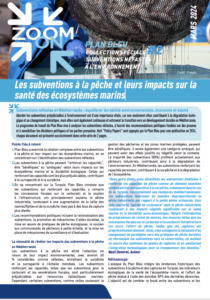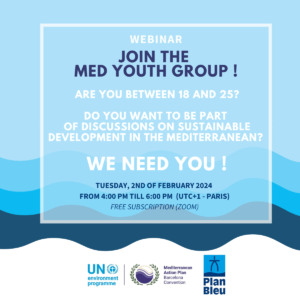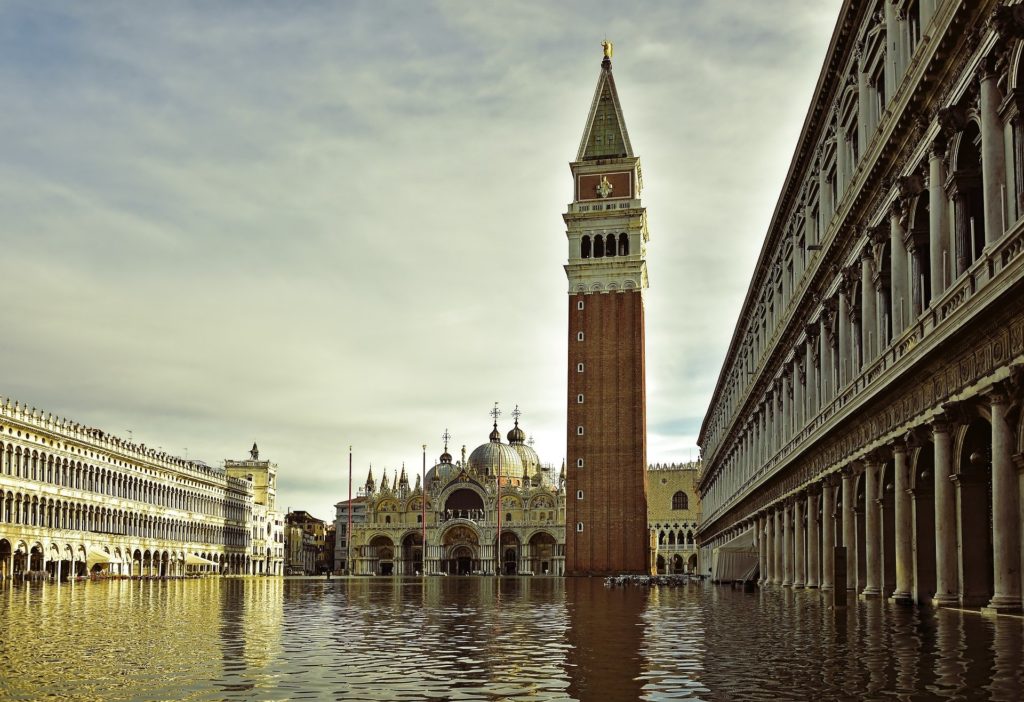The First Mediterranean Assessment Report(MAR1) published by MedECC (Mediterranean Experts on Climate and Environmental Change) in November 2020 illustrates that the Mediterranean Basin is a climate changehotspot . . Indeed, the manifold impacts of climate change are already jeopardising the sustainable development of Mediterranean societies. Nonetheless, institutional frameworks and cooperation projects that target climate change adaptation are currently seeking to develop regional responses to climate change.
The Mediterranean is one of the world’s most exposed regions to climate change
| Current and future climate and environmental changes in the Mediterranean are posing serious and novel challenges to the resilience of natural and human systems in our region. |
According to MedECC; average terrestrial and marine temperatures in the Mediterranean are 1.5°C above pre-industrial levels, and should increase by 0.5-6.5 °C by 2100 according to the climate change mitigation scenario. Other projections include:
- Surface waters temperature will increase by 1 to 4 °C throughout the 21st century, depending on the different scenarios;
- An average rainfall reduction of 4% per degree of climate warming, amounting to an overall decrease of 4-22% by 2100, depending on the different scenarios;
- The average level of the Mediterranean Sea has increased by 6 cm over the past two decades This tendency will accelerate worldwide to reach 43-84 cm of sea level rise by 2100.
Climate change has numerous impacts that have dramatic consequences on Mediterranean ecosystems and societies. They will further compound the ongoing challenges that Mediterranean countries are facing, such as water stress, desertification, biodiversity loss, soil degradation, extreme weather events (droughts, forest fires, heat waves, floods…). Moreover, these issues also cause human conflict and migration as well as significant economic losses. However, governments and regional institutions have realised the gravity of this threat and are increasingly working together to implement adaptation strategies.
Plan Bleu’s efforts to promote Mediterranean climate change adaptation
Since climate change adaptation is crucial to advancing sustainable development, Plan Bleu is participating in several projects to support Mediterranean countries in the development and implementation of adaptation policies.
Ongoing Projects
- Projet ETC/CCA – European Topic Centre for Climate Change and LULUCF
- Global Environmental Facility MedProgrammePlan Bleu is implementing its Climagine foresight methodology to support the elaboration of Coastal Plans (Montenegro and Morocco) and National Integrated Coastal Zone Management Strategies (Egypt and Lebanon), is conducting regional climate risk assessments in Montenegro and Morocco, and engaging researchers, decision makers, local communities and the private and financial sectors to support climate change adaptation solutions
Completed Projects
- Project CLIM-RUN, Climate Local Information in the Mediterranean region: Responding to User Needs Project, 2011-2014, research project financed by the European Commission (FP7)
- Projet ClimVar “MED Integration of climatic variability and change into national strategies to implement ICZM Protocol into the Mediterranean” Project, 2012-2016, co-financed by GEF
- Contribution to the Barcelona Convention’s work on climate change adaptation, notably the Regional Climate Change Adaptation Framework for the Mediterranean Marine and Coastal Areas
MedECC Network
The MedECC Network (Mediterranean Experts on Climate and environmental Change) is an open and independent research network that was founded in 2015. It evaluates the latest research on climate and environmental change as well as the climate risks that are impacting the Mediterranean, in an effort to disseminate this information amongst decision makers, stakeholders and the general public. The network currently counts over 700 scientists from 35 countries, 19 of which are Contracting Parties to the Barcelona Convention and 23 of which are members of the Union for the Mediterranean (UfM). This network is one of the concrete outcomes of the regional Mediterranean Strategy for Sustainable Development (MSSD, 2016-2025), which aims at developing a regional science-policy interface mechanism. In November 2020, MedECC published a report on climate and environmental change in the Mediterranean, the MAR1 First Mediterranean Assessment Report. This report is not prescriptive, but instead aims at providing a framework for the identification of solutions by decision makers.
Plan Bleu is supporting MedECC, which has also benefited from the Mediterranean Action Plan’s (MAP) and other institutions’ support since 2016. Since 2018, Plan Bleu has been hosting the Scientific Secretariat of MedECC in the framework of a partnership with the UfM. UfM is also supporting MedECC, notably thanks to funding from the Swedish International Development Agency (SIDA).
More information about MedECC: http://www.medecc.org/
Main partners: Union for the Mediterranean, Government of the Principality of Monaco, the French Ministry for Ecological Transition, the French Agency for Ecological Transition (ADEME), the Rhône Mediterranean Corsican Water Agency, the Italian Ministry for the Environment, Land and Sea, the Catalan Consultative Council for Sustainable Development (CADS), the French National Research Institute for Sustainable Development (IRD), the MISTRALS research programme













